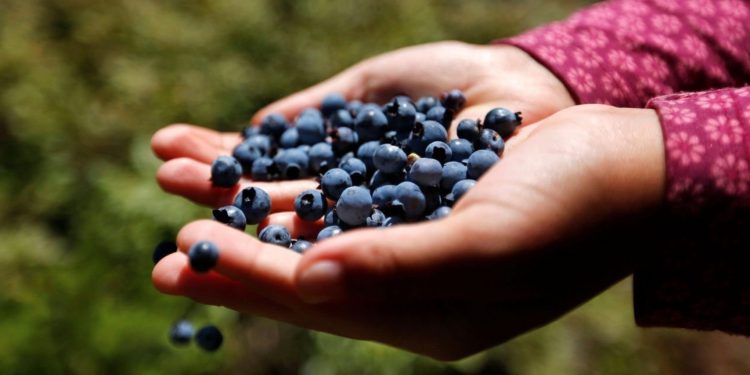The Economist reports that earlier this month 61 per cent of voters opted to change the state constitution to ensure that all Mainers had a “right to food”, the first law of its kind in America. The constitutional amendment’s main proponents included a conservative lobsterman, a liberal raw-milk organic farmer, the Sportsman Alliance (a hunting group) and Cumberland County Food Security Council. The pandemic has shone a light on food insecurity in Maine. Now, Mainers have the “unalienable right to food… to grow, raise, harvest, produce and consume the food of their own choosing.”
The amendment sounded innocuous, but sceptics are wary of its impact. Marge Kilkelly, a former state lawmaker who raises turkeys as well as pigs and goats, points out that most people don’t know much about farming: “It does not happen in an instant. You don’t just get the turkey seed and put water on it. Poof, there’s a turkey.”
Opponents of the amendment worry that its vague wording opens towns to legal challenges over local zoning and other ordinances. Rebecca Graham of the Maine Municipal Association expects everything from hunting laws to food programmes to be challenged, at great cost to the taxpayer. Rules like the one in Portland, the state’s largest city, which allows residents a maximum of six hens (no roosters) could be ignored or challenged in court – never mind cows grazing in front gardens.
Janelle Tirrell, head of the Maine Veterinary Medical Association, is concerned about the treatment of farm animals by people ill-equipped to look after them: people will “use that right-to-food defence to justify the keeping of animals in ways that violate our current laws”. Others foresee environmental impacts, such as contaminated water supplies. Some farmers fear that amateurs will introduce invasive species that could damage their crops.
The state has been experimenting with food sovereignty. More than a hundred towns have adopted ordinances that allow food “self-government”, letting towns make their own rules for food products. Producers in these places can sell directly to customers, offering, say, unpasteurised milk without a licence (meat and poultry are excluded).























